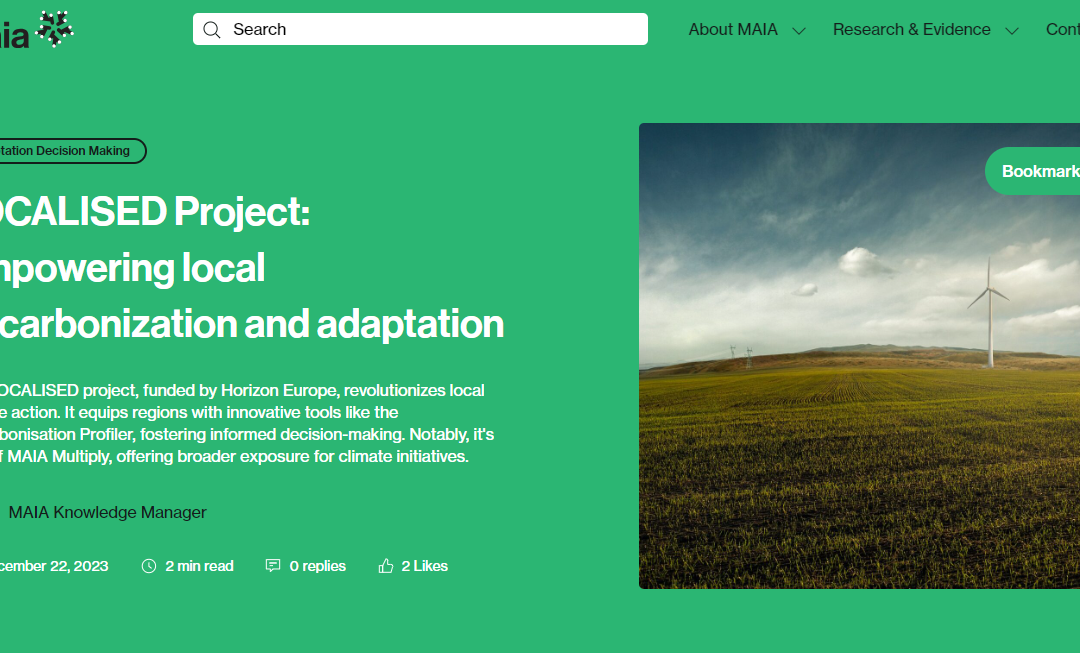
LOCALISED has joined forces with the MAIA Multiply Program
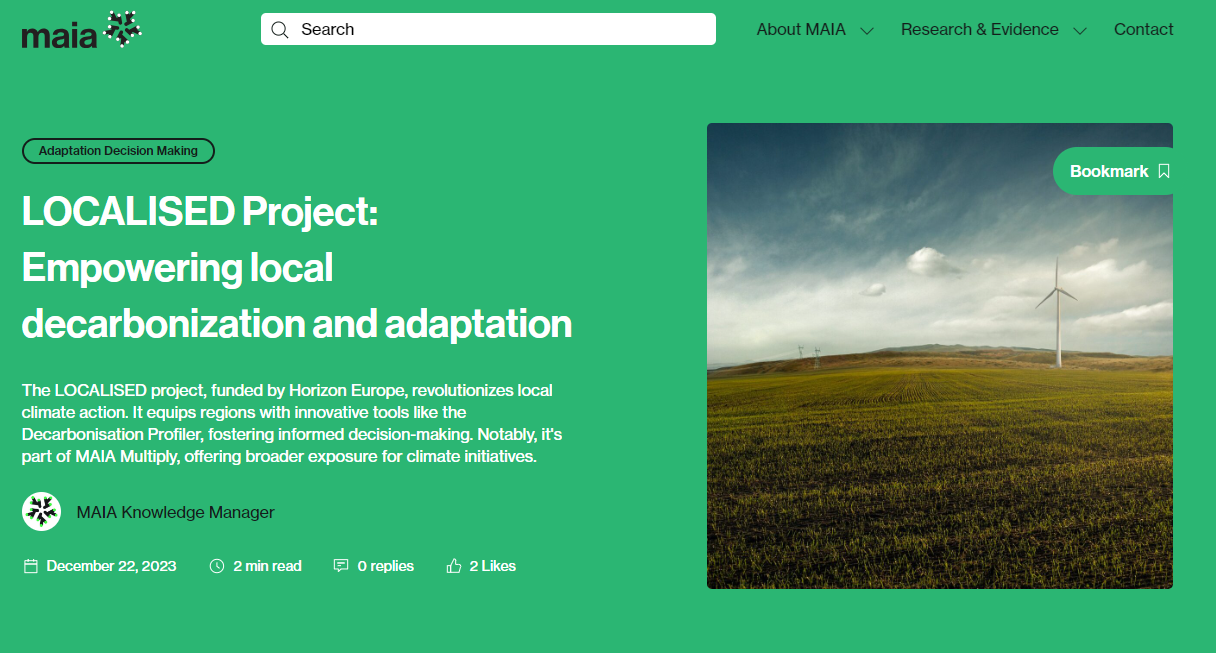
To accelerate local decarbonization efforts and foster informed decision-making on climate action, the LOCALISED project became part of the MAIA community, which collects networks platforms, expertise and research on climate change, with the overall aim of increasing project visibility and engagement.
The MAIA Multiply program serves as a platform to bring together initiatives committed to tackling the challenges of climate change. Indeed, it aims to amplify the impact of projects like LOCALISED by fostering connections and facilitating knowledge exchange.
Currently, we have taken the opportunity offered by MAIA to highlight our project through a featured News. This article allows us to introduce LOCALISED by promoting the engagement of urban decarbonisation practitioners, regional authorities and governance experts, and all key actors in shaping a sustainable, climate-resilient future.
In the implementation of the project’s communication, dissemination and exploitation strategy, it is crucial to leverage resources and create synergies in order to extend the transfer of results for uptake by other stakeholders and to build a community that enables the exploration of different outreach-related activities. By joining the MAIA Multiply programme, LOCALISED is entering a new opportunity to generate collective impact.

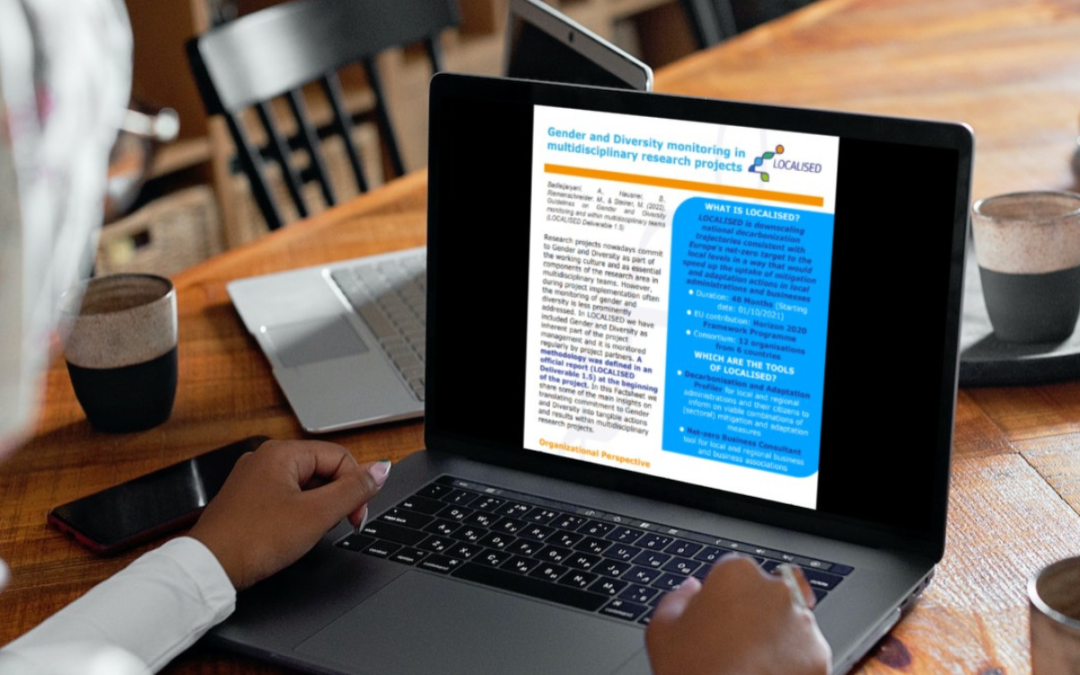
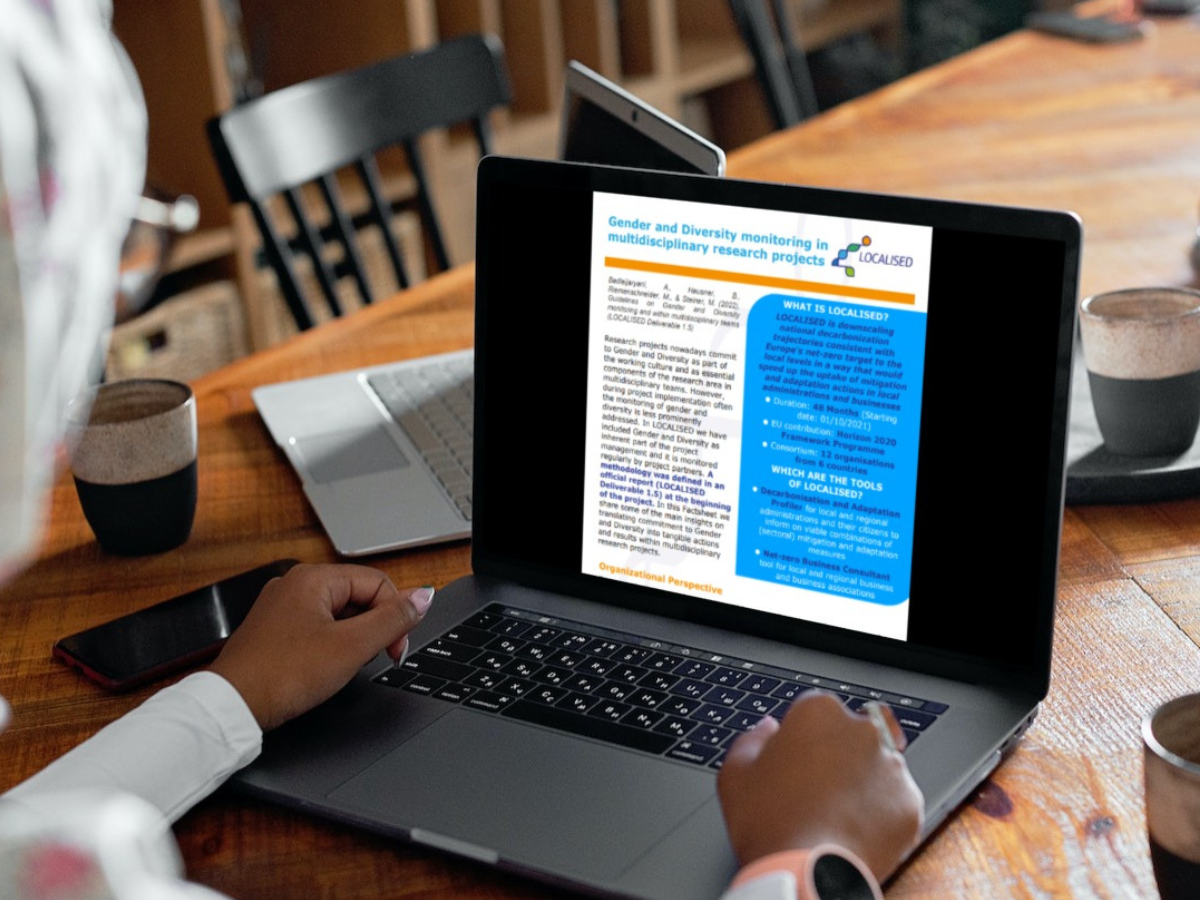
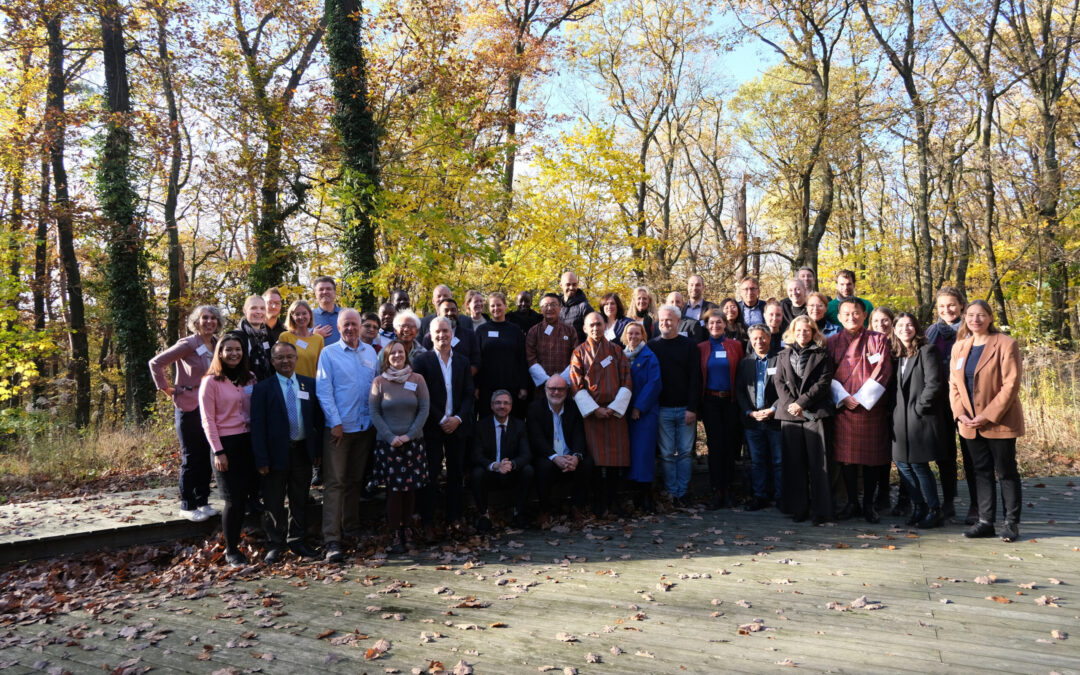
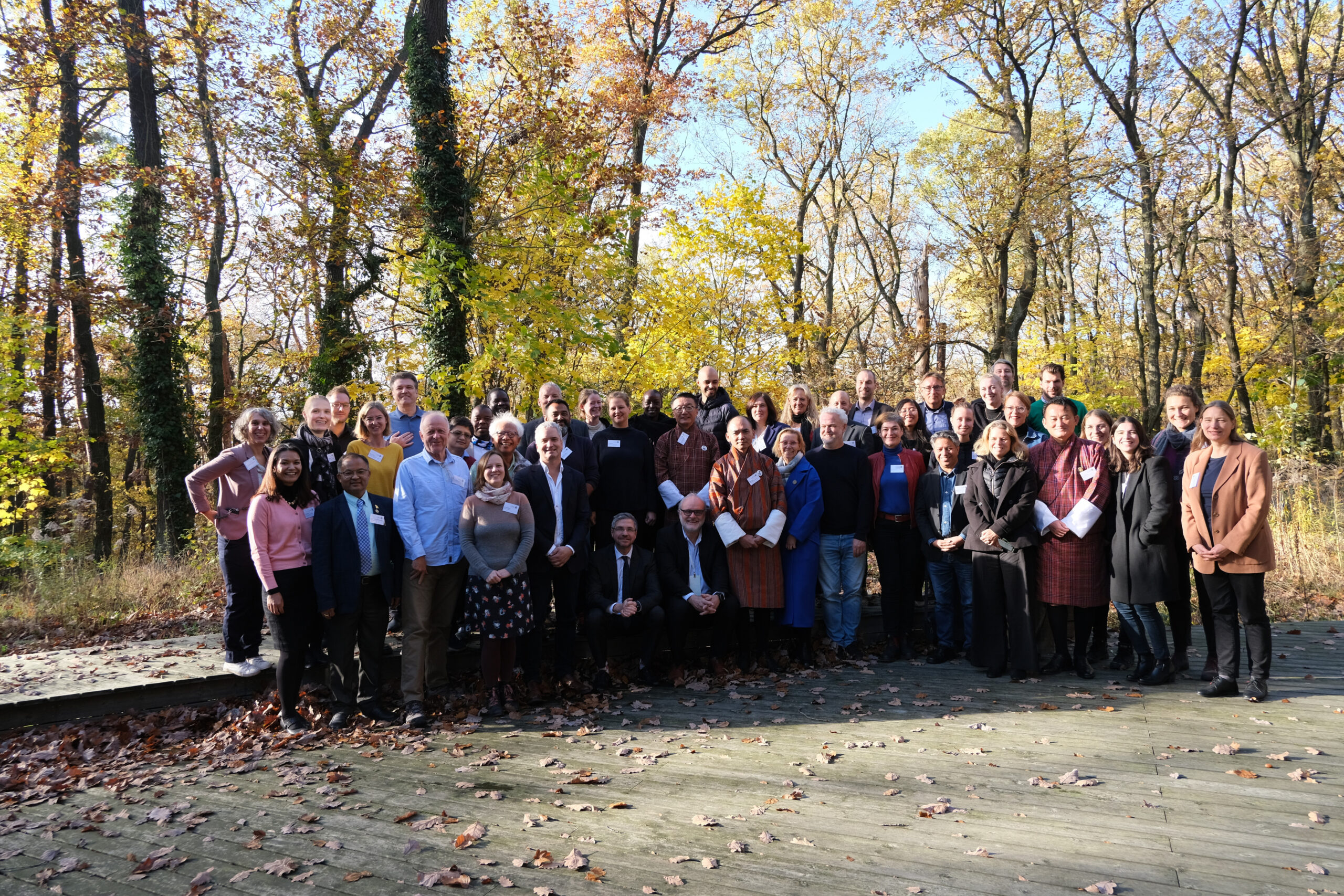
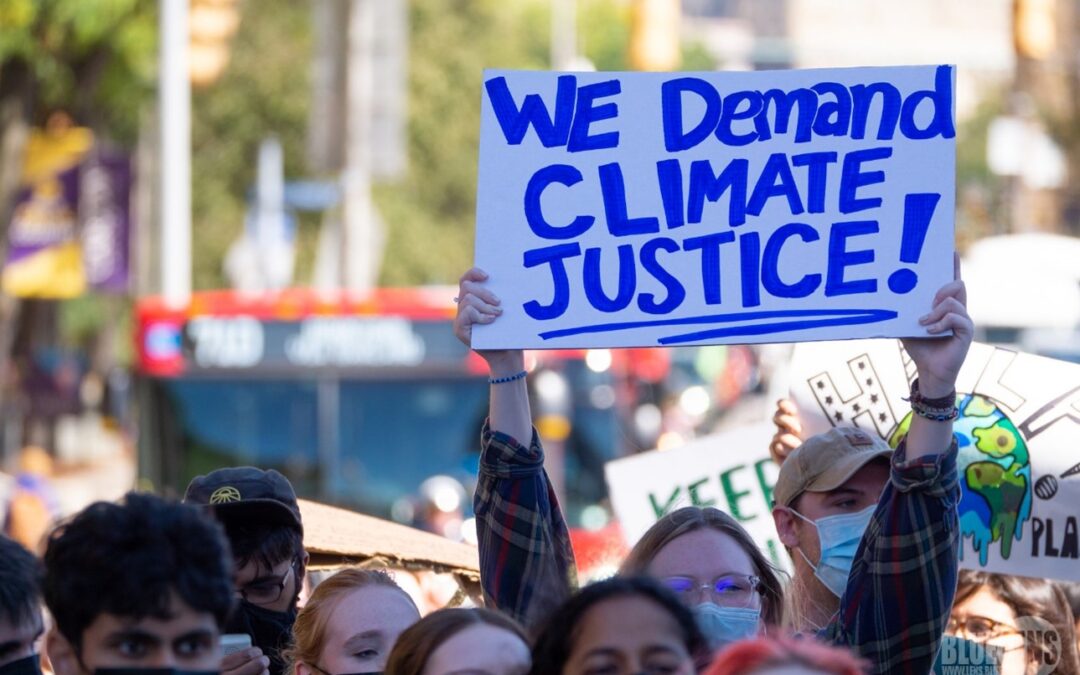
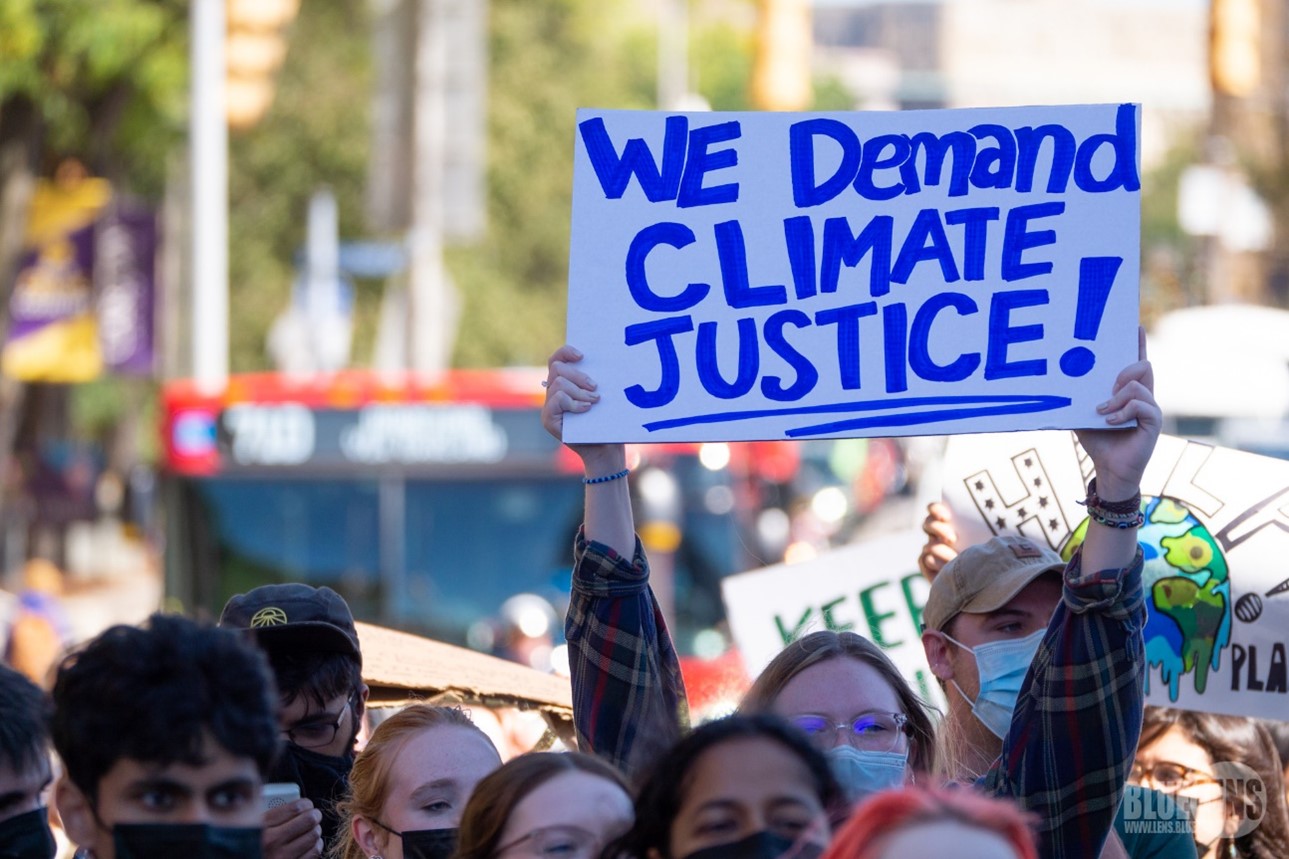
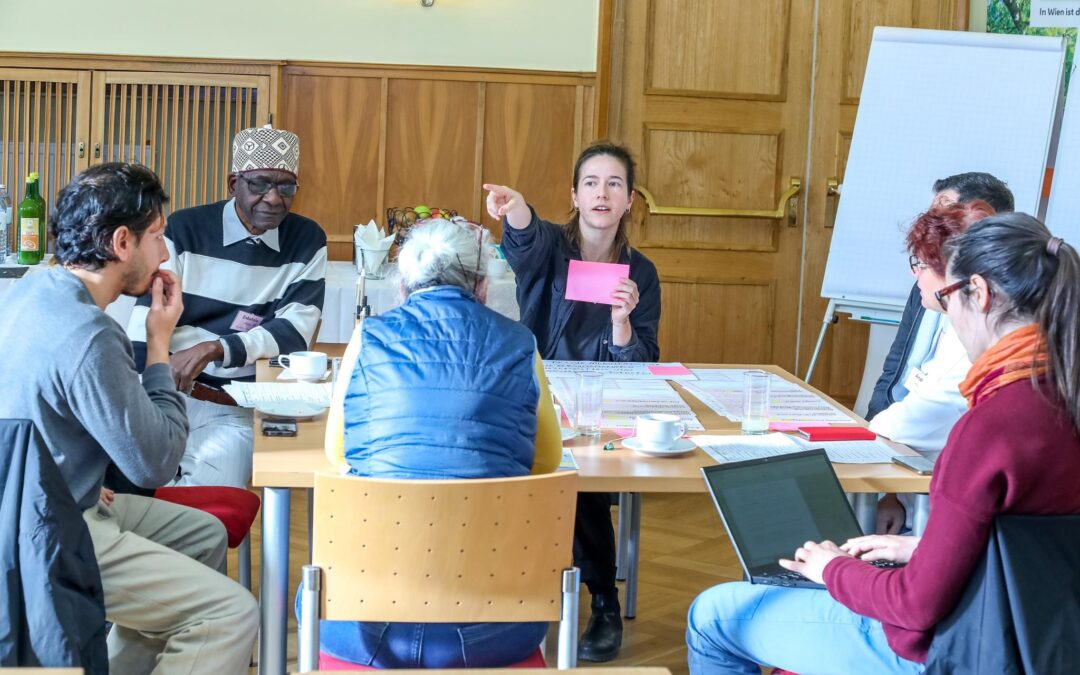
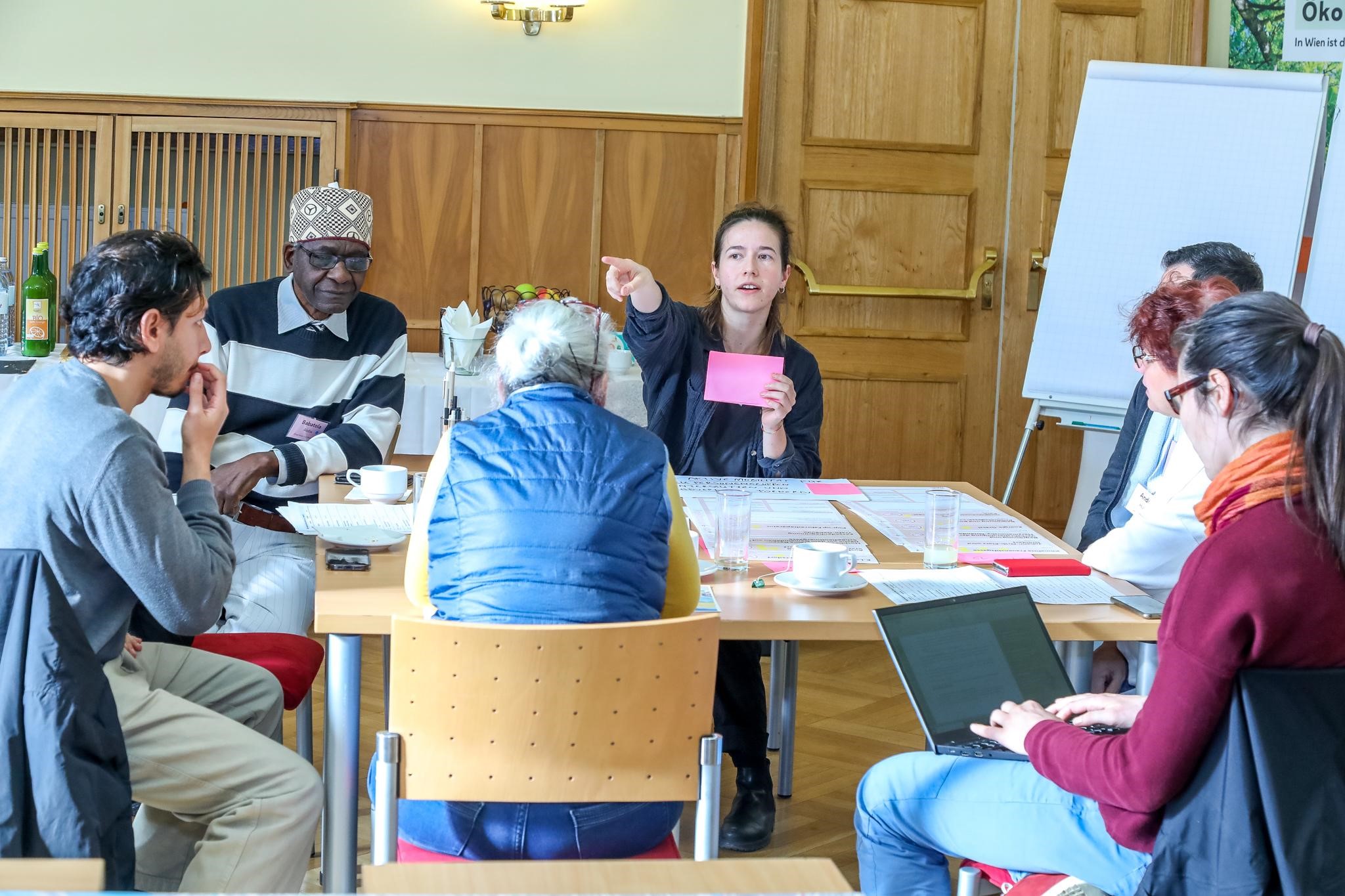
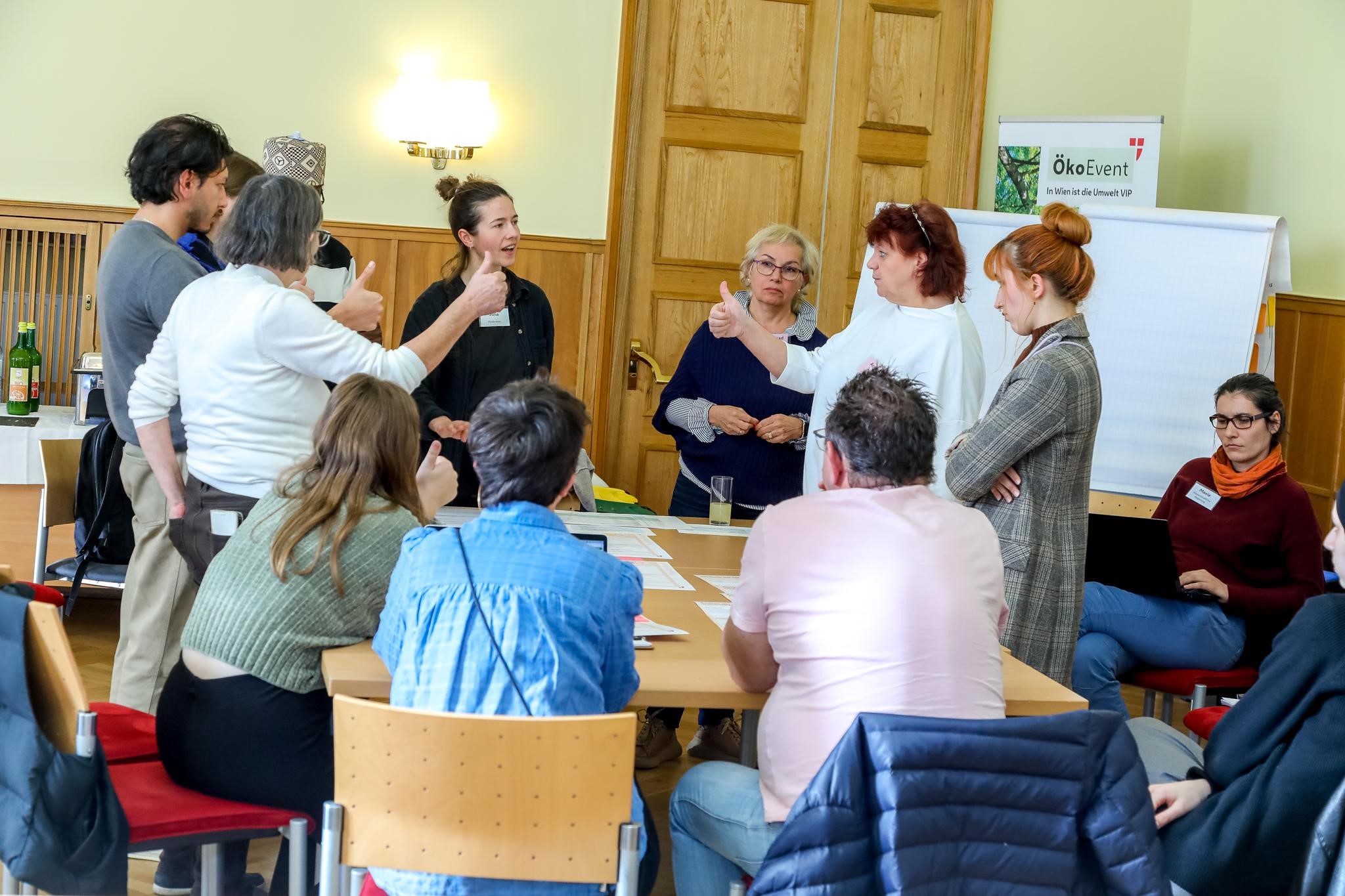
Recent Comments